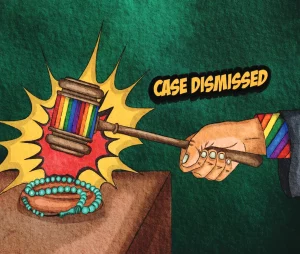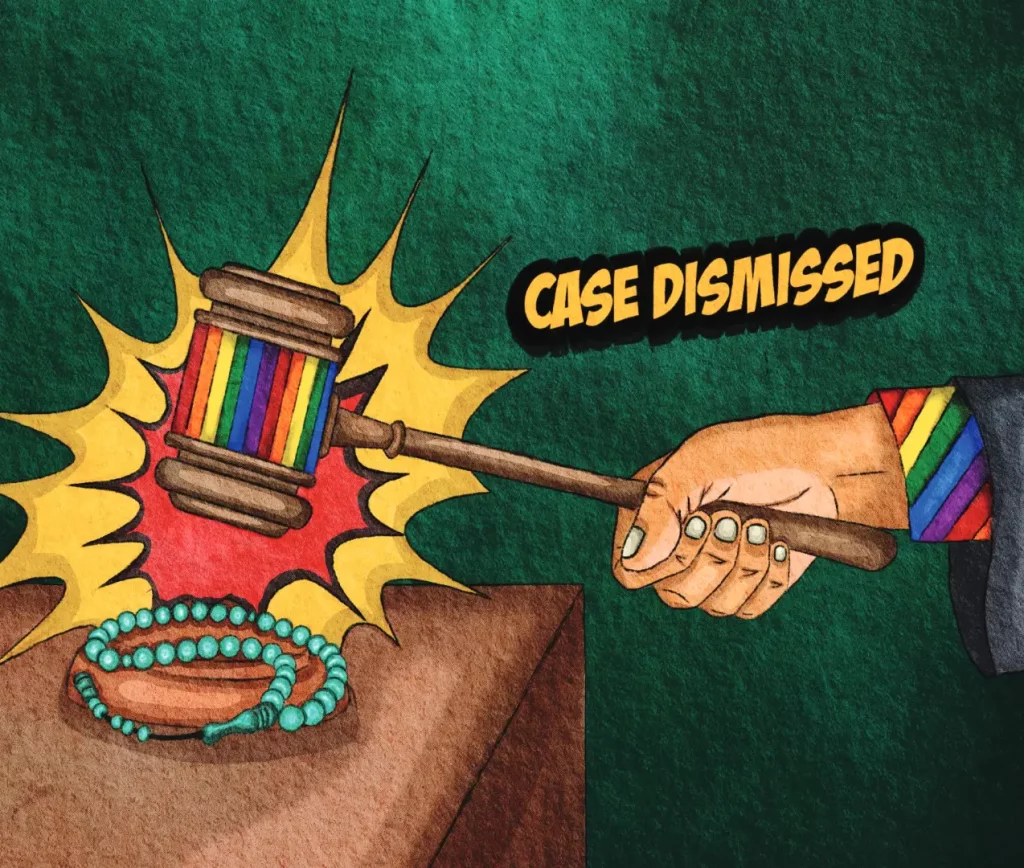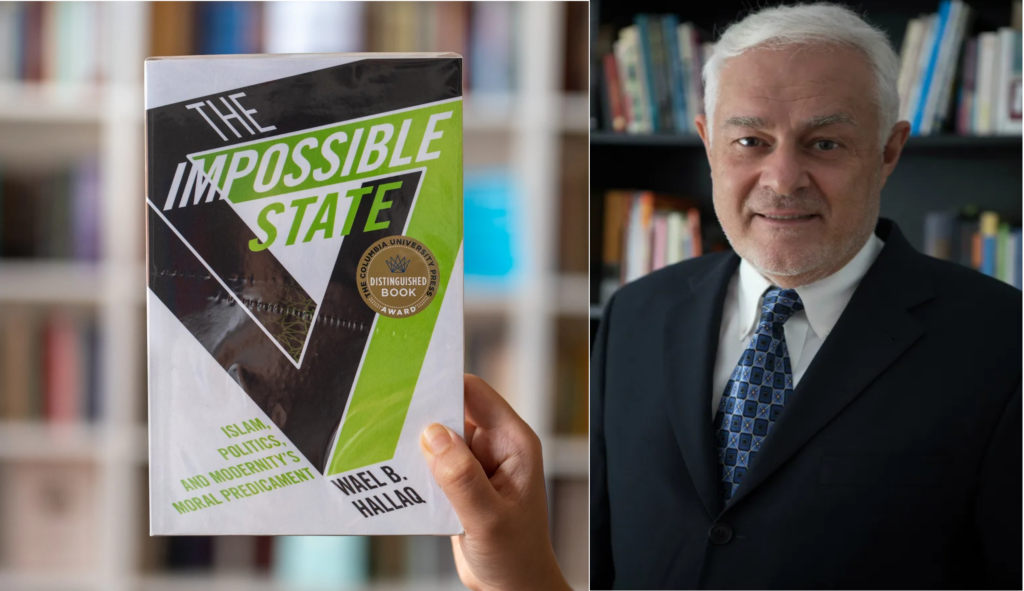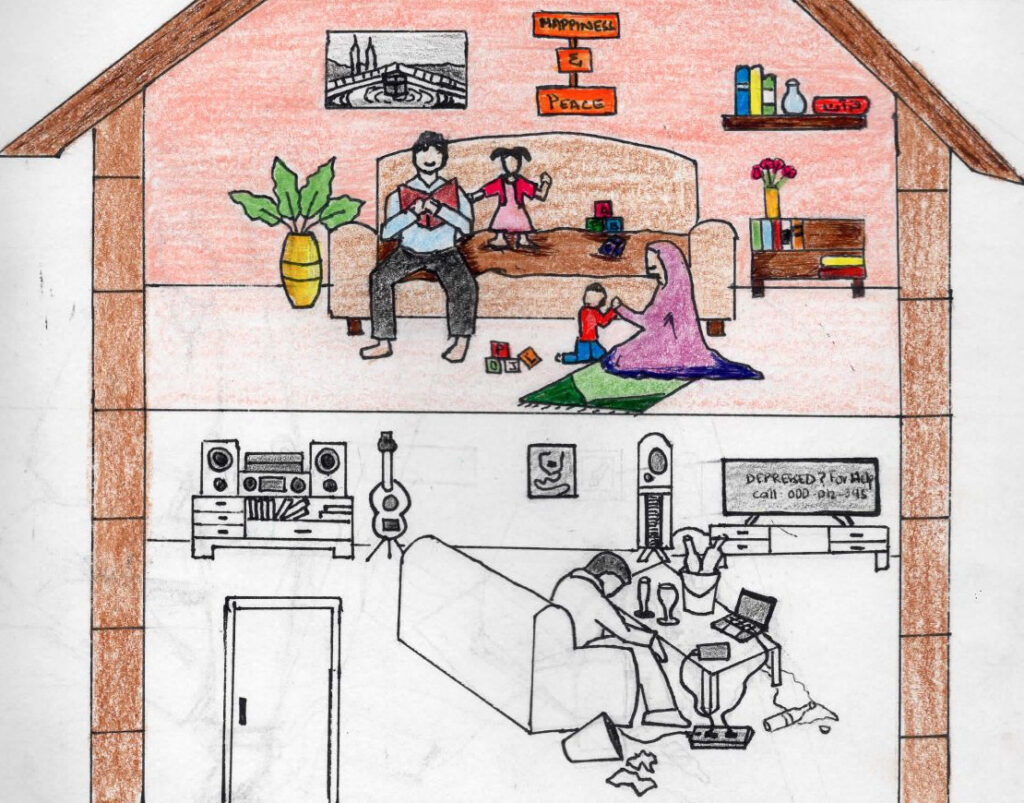By Abdul Rehman
As per United Nations:
Human rights are rights inherent to all human beings, regardless of race, sex, nationality, ethnicity, language, religion, or any other status. Human rights include the right to life and liberty, freedom from slavery and torture, freedom of opinion and expression, the right to work and education, and many more. Everyone is entitled to these rights, without discrimination.1
The definition evokes a sense of confusion as it precludes a very basic question – who is going to give the human race such rights that are all-encompassing? Surely, we cannot depend on the intellect of a few and human to define what is fair for his or her fellow beings. After all, they may or may not share the same set of values and understanding of what acts constitute as humane. Surely this requires a decorum that transcends ethnicity, time and place. With over a quarter of the world following the divine religion of Islam, it is worth having a look at what it has to offer directly from its sacred text and its Messenger’s (S.A.W) sayings upon the instruction of God Himself.

1- Human Rights in Islam: In his Farewell Sermon, Prophet SAW categorically said that your life and your property is Harām (forbidden) for one another and is as sacred as sacredness of this day. Holy Quran, in this regard, said: “whoever kills a believer intentionally- his recompense is hell, wherein he will abide eternally.” {Al-Nisa:93}
In reference to non-Muslims Prophet SAW said that whoever killed a protected citizen (Dhimmi) would never smell the fragrance of Jannah (Paradise) though its fragrance can be smelt at 40 years. {Al-Bukhari}
A human being can only be killed but by justice and justice will not be determined or defined by any gov or court which passes judgements based on mere suspicions without due process of law and defiles the directions of Holy Qurān which asks to “kill only by justice, with due process of law, on fare judgement in light of evidence and “not exceed limits in ( the matter of) taking life”.
2- Protection of Honor: In Farewell Sermon by Prophet SAW, along with every person’s life and property, honour was also protected and sanctified. Quran asks its followers ‘not to ridicule one another’,’not to insult anyone’ and ‘not to call each other by (offensive) nicknames’; perhaps they may be better then them’. {Hujjrat: 11}
If someone is wrongfully vilified, it is the duty of Islamic authority to restore the honor of ‘alleged person’ and mete out appropriate punishment to the plaintiff. Islamic thus protects the honor of every person.
3- Protection of Privacy: It is incumbent upon everyone by Qurān ‘not to enter the household until you ascertain welcome and greet their inhabitants’. This is also incumbent upon the state not to intrude in anyone’s personal affairs or to censor letters or tapping phones and Prophet SAW had even directed not to read each other’s letters. Prophet SAW also warned rulers that if you search for faults of people, you’ll eventually corrupt them or will nearly corrupt them. {Sunan Abu Dawoud}
4- Right to Personal Liberty: According to Islamic scriptures, no person can be detained except once one’s crime is proven in an open court. It is against teachings of Prophet SAW to hold anyone accountable or imprison anyone on mere suspicion without due process of law. Once during Jummah Sermon, one person stood up and asked, “why was his neighbor detained?” The person repeated the question and Prophet SAW waited for jailer to answer the question as Jailer was sitting among the audience. The person repeated the question for the third time and when jailer didn’t reply again, Prophet SAW commanded the jailer to free the said person.
From this, we learn a lesson that even the holiest of the authorities didn’t prolong detention without due process of law, then how come today’s petty states can forcefully detain or kidnap anyone without due process of law? Hazrat Omer b. Khattab in this regard said: “In Islam no person can be detained without justice”. And here by justice he meant due process of law under competent ascribed authority or court of law.
Kharājites used to abuse, threaten (to kill) Hazrat Ali b. Abi Talib but in spite of it Hazrat Ali R.A directed his forces to seize them, and instead of detaining or killing them, would release them and say:
till they don’t participate physically in open rebellious activities, they wouldn’t be held accountable for dissent and threatening
It is unfortunate that modern literature is void of such discussions on Islam’s perspective regarding humanity, instead choosing to side with institutions and narratives that promote barbarism garbed in the label of Islam. Choosing to misrepresent and mis-contextualize history does not take away from facts. Even more, it can never take away from the spirit of humanity and justice that a religion of over 1.8 billion embodies. Evident in the conduct of the majority of its bearers.
1. https://www.un.org/en/sections/issues-depth/human-rights/




